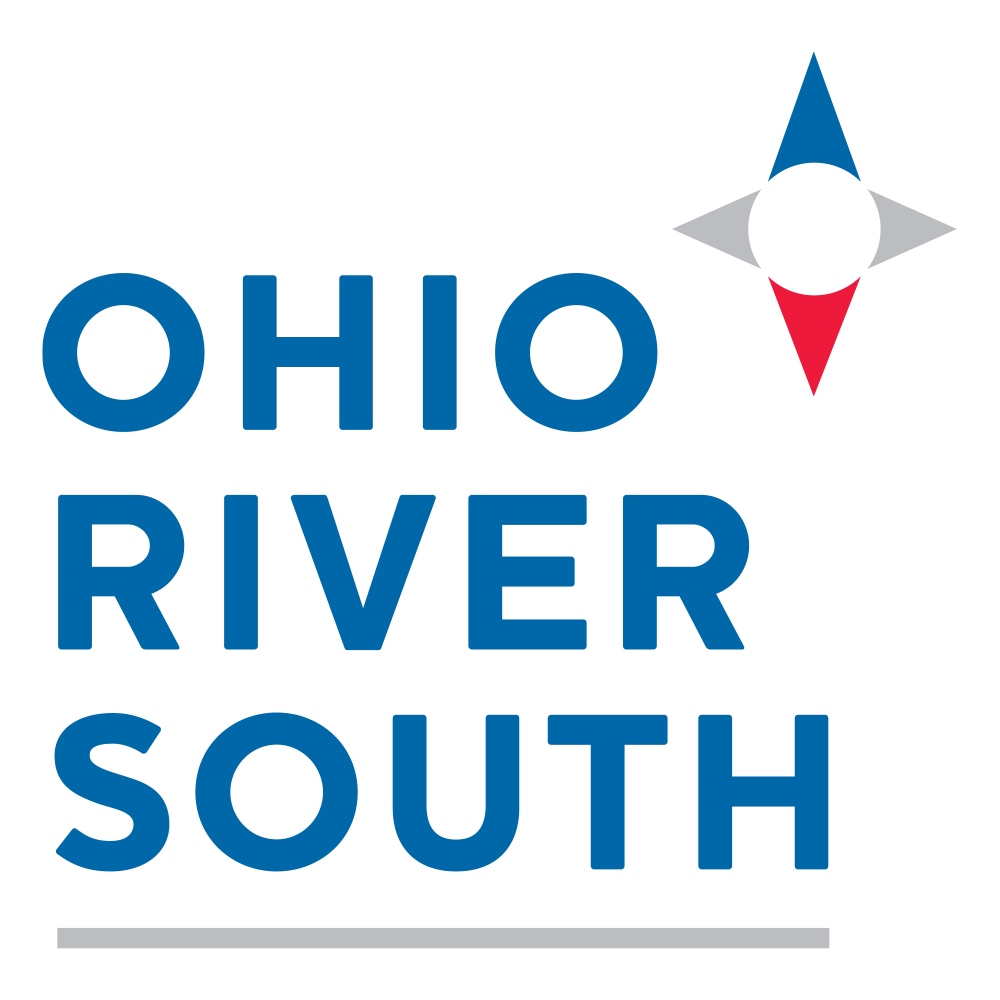Mayoral Forum Focuses on Latino Issues, a First for Atlanta
By Lautaro Grinspan, The Atlanta Journal-Constitution
Latino issues took center stage during Atlanta’s race for city hall on Tuesday, when candidates gathered at a mayoral forum organized by and for the Hispanic community. The event was billed as the first of its kind in Atlanta history by moderator Ivan Shammas, general manager at Telemundo Atlanta.
Three of the five leading candidates — city councilmembers Antonio Brown and Andre Dickens, alongside Council President Felicia Moore — participated in the hourlong discussion at the National Center for Civil and Human Rights. Both attorney Sharon Gay and former mayor Kasim Reed, who is in a statistical tie with Moore at the top of the field, pulled out of the forum “for various reasons at the last minute,” according to Shammas.
In opening remarks, Jason Esteves, the Atlanta school board chairman, said that Latino city residents like himself were changing the face of the city’s electorate.
“Black leaders and white leaders have joined to build the Atlanta Way,” he said. But that “legacy is starting to shift given the influx of a diverse, newer population of residents that is shaping the future of the city. This conversation is an opportunity for our mayoral candidates … to talk about the interests of the Latino community.”
About 6% of Atlanta’s almost 499,000 residents are Latino, according to census data. The Hispanic population grew by over 36% compared to 2010.
After presenting a declaration from the Atlanta City Council in honor of Hispanic Heritage Month, candidates grappled with the issue of public safety, which about 44% of respondents to a recent AJC poll identified as their top concern.
Moore said she would enlarge the city’s police force, all while taking steps to ensure officers feel comfortable reporting malfeasance from colleagues. Both Brown and Dickens indicated they would seek to foster closer relationships between police and the community, with the latter stating he would enact legislation to add two members of the Latino community to the Atlanta Citizen Review Board, an oversight body that reviews allegations of misconduct against officers of the Atlanta Police Department and Department of Corrections.
“We need Latino representation on all of our city boards and agencies … it should not just stop with the ACRB,” said Brown, who identifies as Afro-Latino, in response. “I think there are inequities throughout this entire city, and it’s a reflection of the lack of representation that we have in the city of Atlanta … That is unacceptable in a city that calls itself too busy to hate.”
On immigration, Moore said she would ensure Welcoming Atlanta, the city’s office of immigrant affairs, remains well-funded.
“They need to be a good resource office. And it won’t be just for Latinos. There are many other immigrants from other places. We need someone they can contact to get directed to the right place to get the help that they need, whether it be legal help, or help with how to find housing, how to make their way into the city of Atlanta.”
Brown noted he would provide the city’s public defender’s office additional resources to defend immigrants from deportation, and Dickens said he would oppose the city having “any relationship” with U.S. Immigration and Customs Enforcement – a policy of noncooperation first set by current mayor Keisha Lance Bottoms.
“We don’t want to have any ICE detainees,” Dickens said. “We don’t want to have any of our local law enforcement to be used as immigration agents. And I would make sure to fight anything from the state of Georgia that would want to put anything on us as a city.”
Throughout the conversation, candidates pledged to tackle language barriers that prevent Latinos and other immigrants from accessing city services, or from taking advantages of contracting opportunities with city government.
“The only way you can treat someone fairly is if they are able to communicate,” Moore said.
Shammas also asked candidates about their plans for building stronger relationships between the Latino and Black communities.
“It’s unfortunate there is such a divide between the Black and Latino communities, especially given the fact that a lot of the struggles we endure every day are so much alike,” Brown said. “I would build a collaborative between our Black leadership in the city and Latino leadership and have them come together and be able to advise me as mayor on what we should be focusing on.”
Moore struck a similar chord.
“The table has to be bigger in the Atlanta Way than just to be white or Black. We need to make sure that you have a seat at the table.”
Tuesday’s event was hosted by the Georgia Hispanic Chamber of Commerce, the Latin American Association, Telemundo Atlanta, the National Center for Civil and Human Rights and Ohio River South, a strategy firm.
